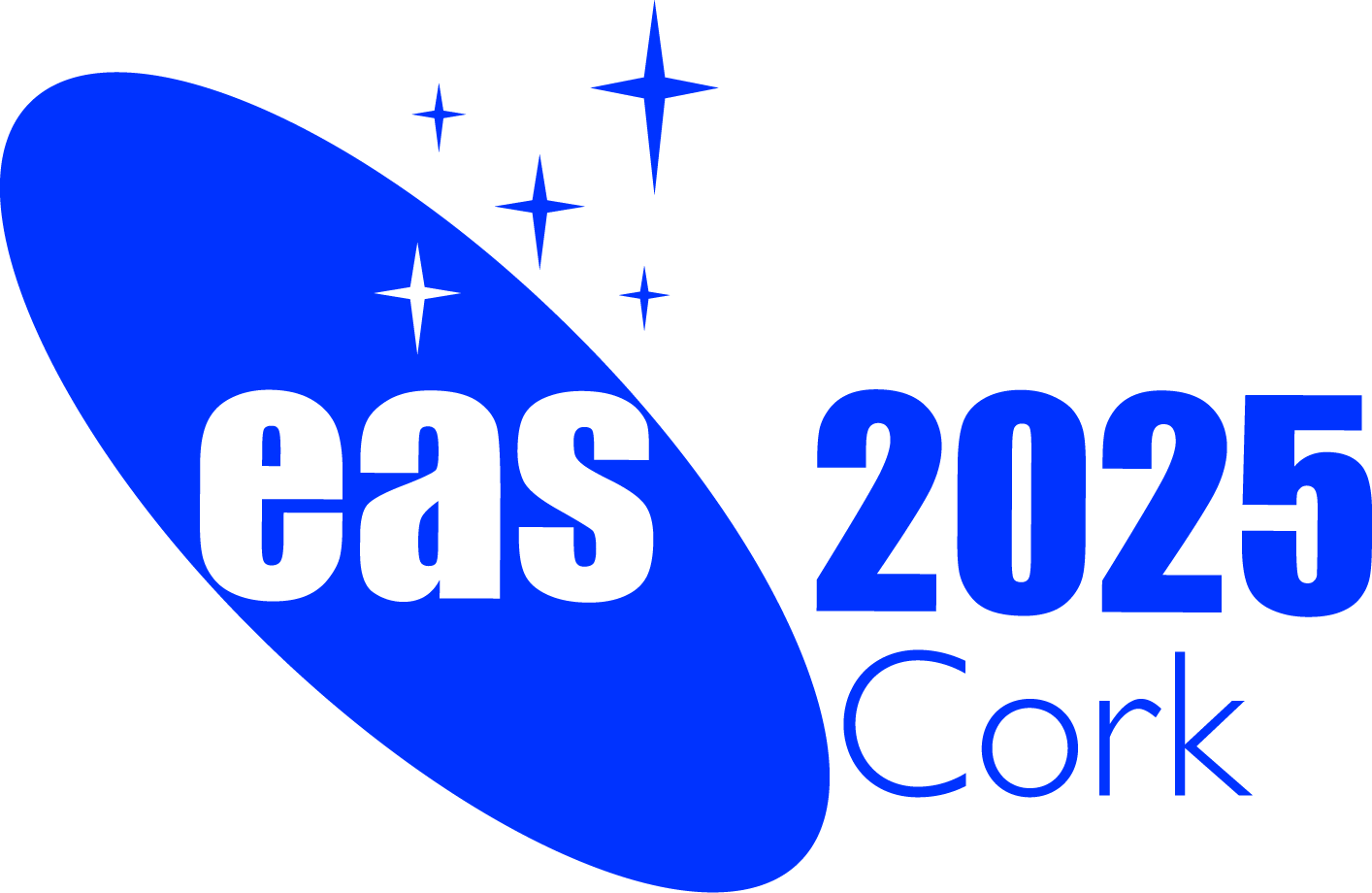
|
European Astronomical Society
|

|
|
|
|
|
|
EAS Job Directory
Find Jobs
| PhD Studentship in Astrophysics at the Niels Bohr Institute | Closing date: 2016-03-31
Contact: Oliver Gressel |
| The Theoretical Astrophysics Group at the Niels Bohr International Academy (NBIA) invites applications for a PhD studentship in Theoretical Astrophysics. The preferred starting date is Summer/Fall 2016, but this is negotiable and earlier dates are possible. Applicants are requested to submit their electronic applications (including a cover letter, CV, publication list, a research statement, and at least two letters of recommendation) via https://academicjobsonline.org/ajo/jobs/6455. In order to receive full consideration, complete applications should be received by March 31st, 2016. | | ▸ more | We are seeking for a highly motivated individual who will work under the supervision of Ass. Prof. Oliver Gressel as part of an ERC-funded research program at the interface of astrophysics, (sub-)mm astronomy, and cosmochemistry. Motivated by understanding the environments in which planets form, the research project encompasses observational, theoretical and numerical aspects of accretion physics in the context of poorly ionised protoplanetary discs. Candidates with overlapping interests in the area of radiative transfer modelling (including both dust-continuum and non-LTE line radiative transfer), astrophysical fluid dynamics and (non-ideal) magnetohydrodynamics are particularly encouraged to apply. Existing skills in high performance computing using MHD and/or radiative transfer codes in conventional or GPU/MIC-accelerated hybrid architectures will be considered valuable assets. The group has exclusive access to some of the largest dedicated astrophysics computer resources in Scandinavia, including a brand-new general-purpose cluster with more than 3000 cores, including 80 Xeon-Phi cards, 120 GPUs, almost a petabyte of storage, and dedicated data analysis servers.
The Theoretical Astrophysics Group at the Niels Bohr International Academy is generously funded by the European Research Council and the Villum Foundation's Young Investigator Programme, and is expected to grow further in the near future. The group strives for a comprehensive approach to astrophysics and has strong ties to the Computational Astrophysics Group in the Astrophysics and Planetary Science Group at the Niels Bohr Institute and the Centre for Star and Planet Formation at the Natural History Museum of Denmark.
The NBIA is hosted by the Niels Bohr Institute and functions as a primary centre for fundamental research, including theoretical and computational astrophysics, cosmology, high-energy particle physics, condensed matter physics, and biophysics. The Academy hosts a large number of international visitors and workshops, as well as Summer Institutes and PhD Schools. The Centre for Star and Planet Formation is a research centre of excellence for astronomy, astrophysics and cosmochemistry funded by the Danish National Research Foundation and hosted jointly by the Natural History Museum of Denmark and the Niels Bohr Institute. The main research theme of the centre is to explore the origin and evolution of stars and planetary systems using a multidisciplinary approach.
The University of Copenhagen wishes to reflect the diversity of society and welcomes applications from all qualified candidates regardless of personal background. The primary criterion for the evaluation of candidates is scientific excellence. PhD students at the NBIA receive a competitive salary (including pension) and funds for travel and computing (including a research-stay abroad). Generous parental leave, state-subsidized childcare, vacation, and full medical care are provided to employees in Denmark.
|
More resources
Links to other job lists
|

